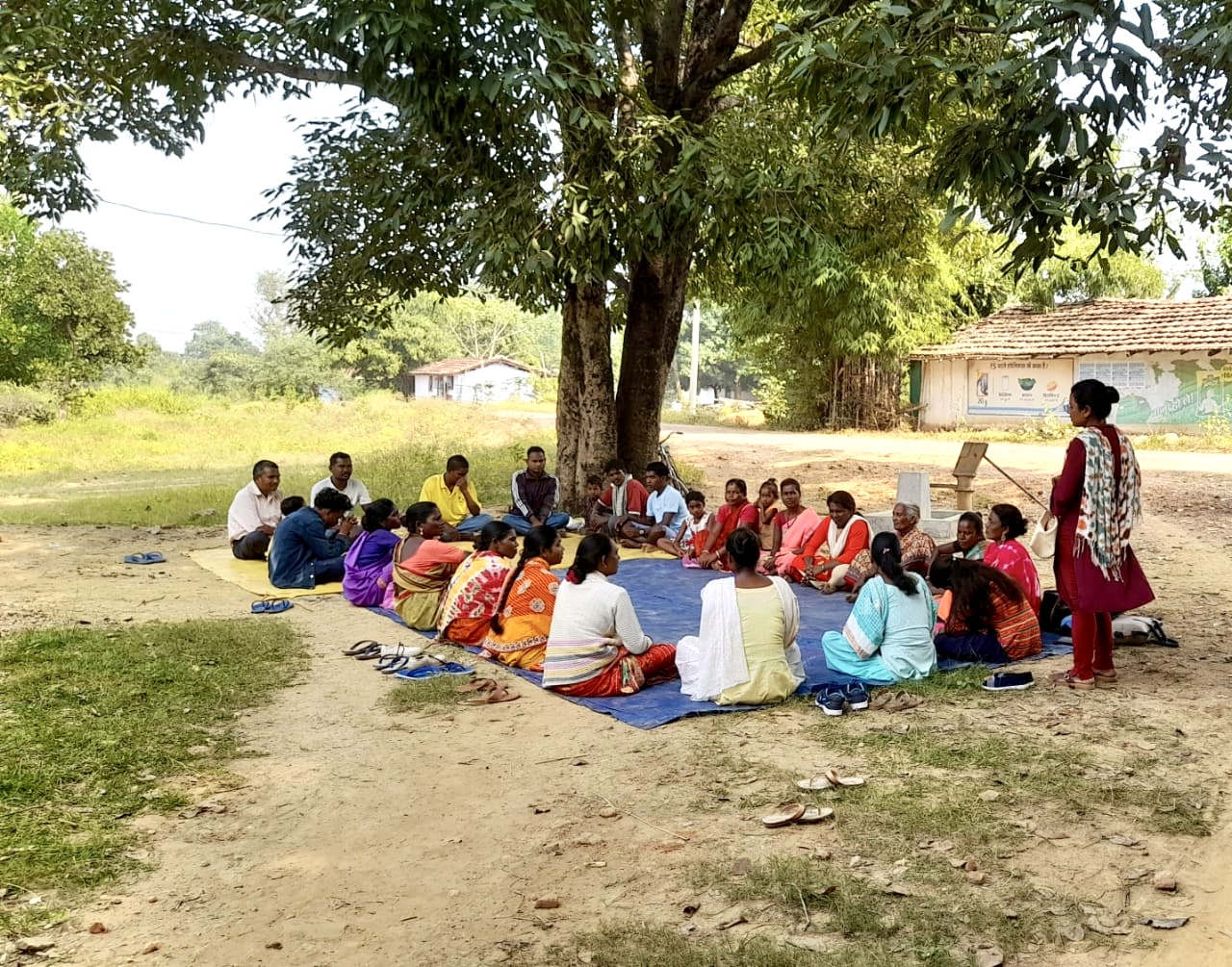Partners
Ekjut
Ekjut runs creches for rural children in Jharkhand and Odisha. Upon the successful implementation of their projects in Jharkhand and Odisha, they have now expanded to the states of Madhya Pradesh and Rajasthan. Most of their working areas are regions with very low socio-economic indicators and with poor health and inadequate infrastructures. The foundation of the organization is built on three main pillars- Empowerment, Monitoring, and Policy advocacy. While working on other issues they came across mental health problems in the community and hence started working with Persons with mental illness (PWMI) to provide them with medical treatment if needed and sought peer support through village based peer facilitators and support group meetings.They use a unique and evidence-based method namely Participatory Learning and Action (PLA)meetings cycle which is based on Paulo Freire’s concept of critical consciousness i.e., ‘’Change is more likely to occur if communities understand the root causes of problems and own the strategies to address them’’. This model has received accolades from the WHO which showed a reduction in newborn deaths, gender-based violence, maternal depression, and improved nutrition and consumption of health services. In partnership with the Jharkhand government, they are working to scale the PLA model across the state to work on various health indicators.
Project with MHI:
MHI is supporting them to implement a comprehensive community-led intervention in West Singhbhum that will address stressors while including postpartum depression, poor nutritional indicators, gender-based violence, sorcery accusations, and addressing common mental health problems and substance use through three main approaches 1)PLA meetings cycle approach at the community level by peer facilitators 2) Home visits and counseling at the family level and treatment through telepsychiatry with the help of counselors and peer facilitators 3) Linking persons with mental illness to the due entitlements and sustainable livelihood activities through livelihood promoters. This approach allows them to empower the community and give ownership of the intervention to the community.
